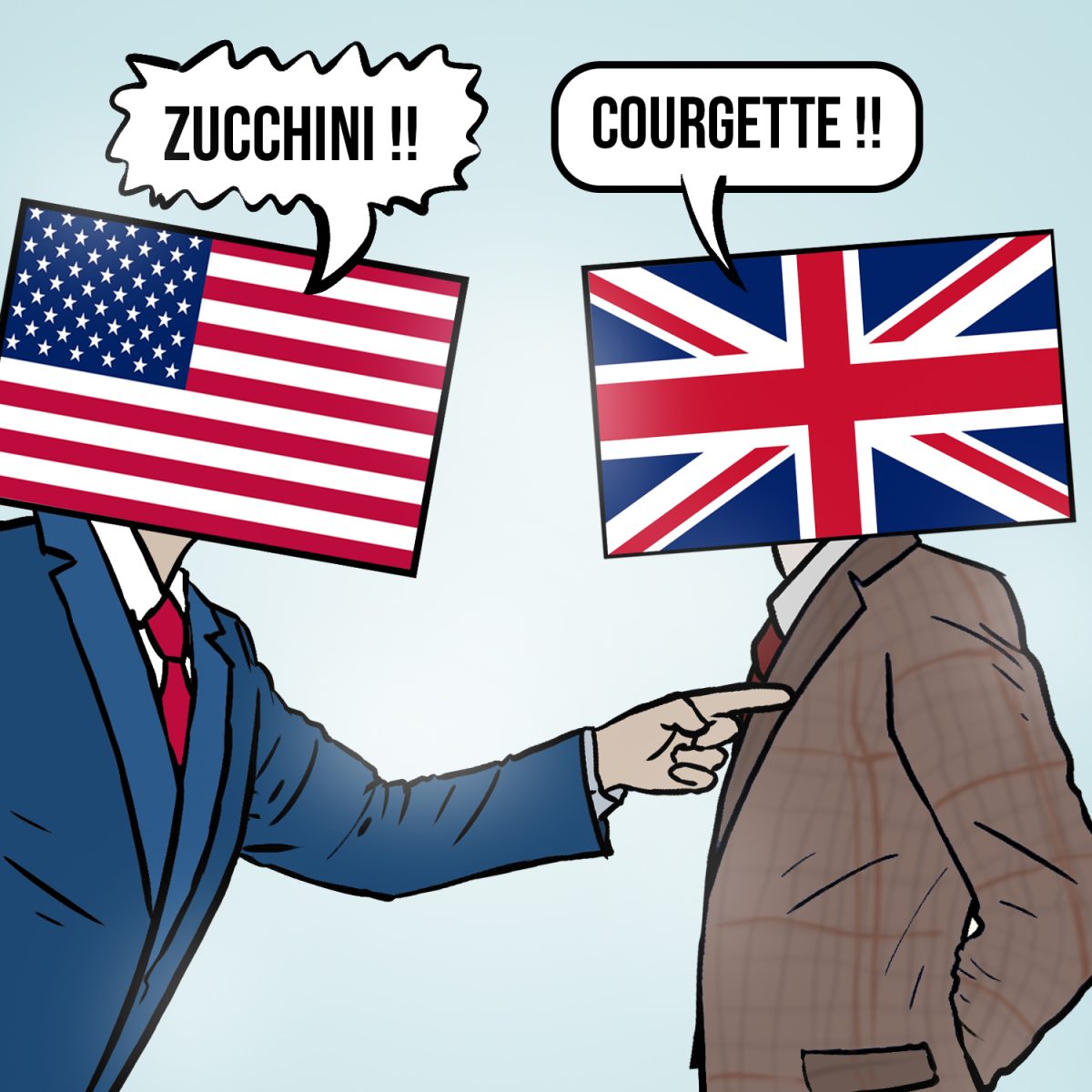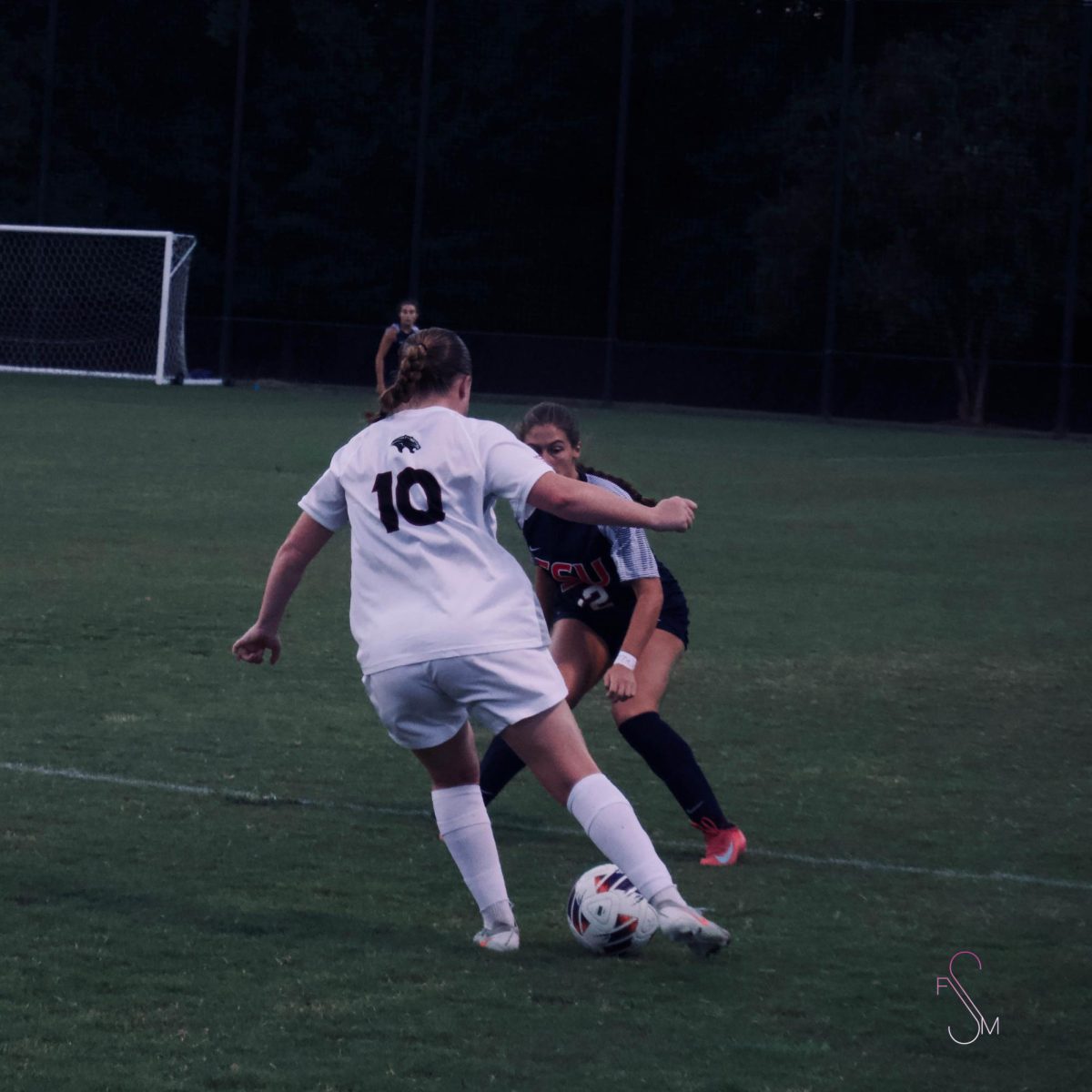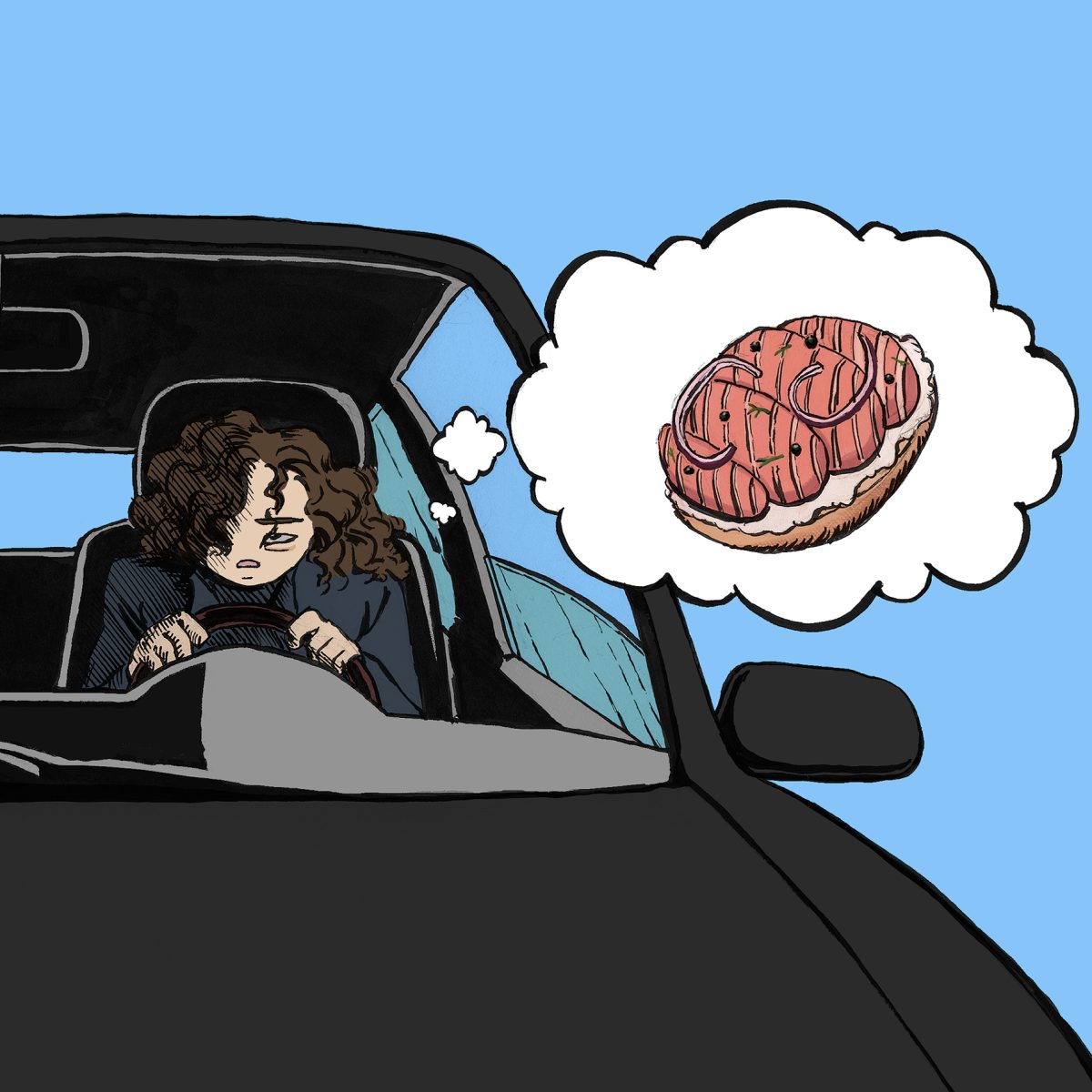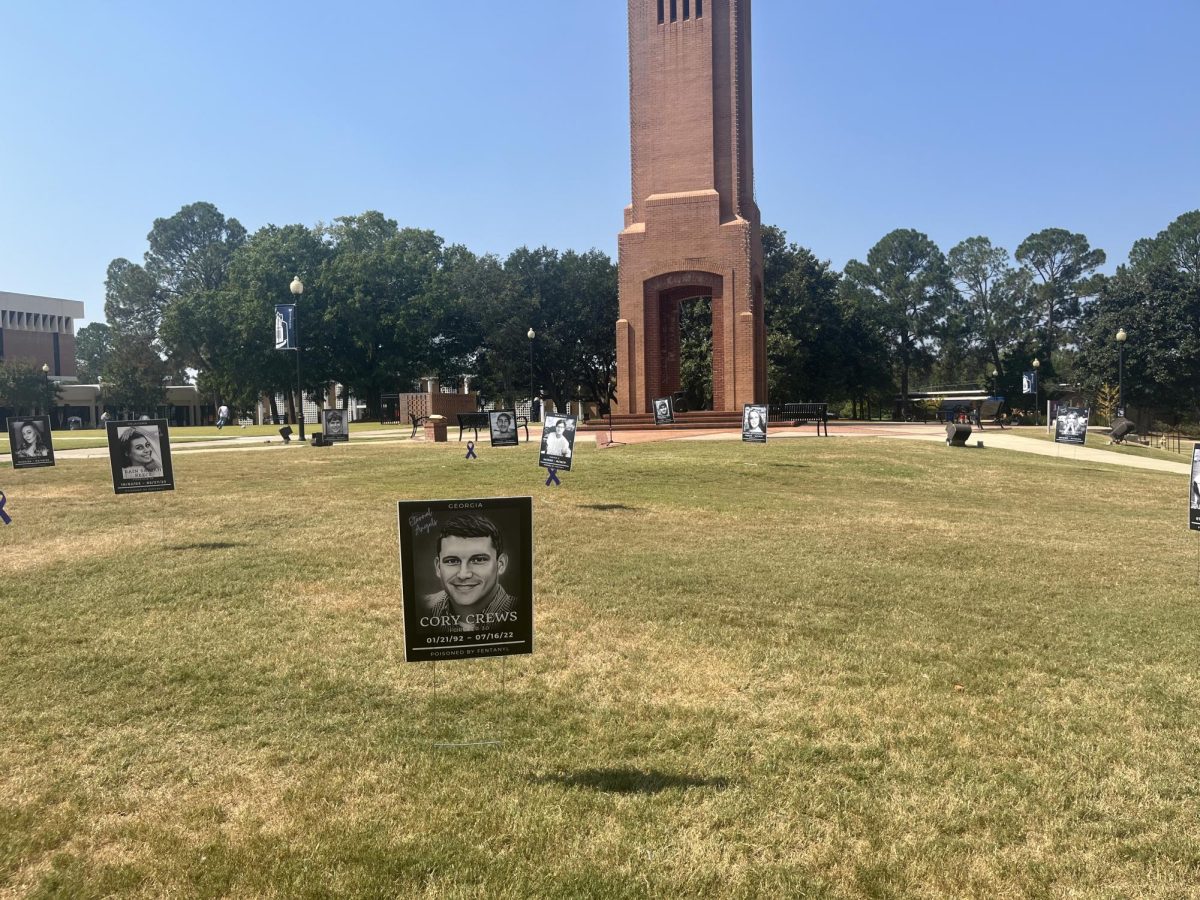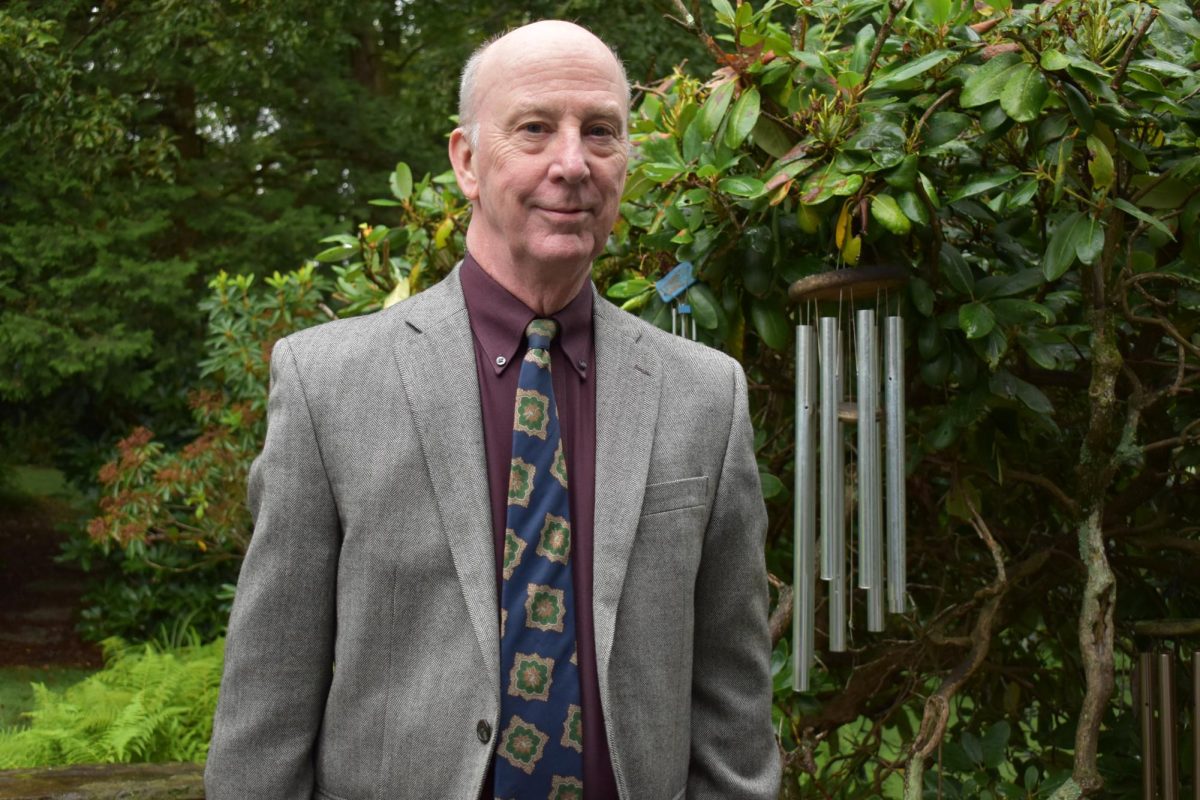This is the third installment in a riveting new made-for-TV series in which I tell you all the things you didn’t need to know about British English and English culture. Telly not included.
WORDS
Postgraduate instead of graduate. This one is confusing, because these two words don’t sound synonymous. In the UK, however, the degree you pursue after obtaining your bachelor’s is your postgraduate. Someone who says they are a “postgraduate student” is pursuing a master’s, although, by definition, this term can include a doctorate.
Waffling instead of rambling. Another beautifully English word. Someone rambling may be said to be “waffling about;” the term “ramble” is used infrequently.
Plaster instead of Band-Aid. “Band-Aid” being an American brand, the difference isn’t surprising. Not much talk of “bandages,” either.
Courgette instead of zucchini. As the case with rocket — or arugula — the English favor the French word. Nobody says zucchini, although if you look at someone with enough confusion, he or she might for you.
SAYINGS
Quid. “It cost 15 quid!” Slang word for pound — the currency. An American English comparison would be “buck” or “bucks” when talking about dollars.
See it, Say it, Sorted. This is the phrase that plays over the intercom on public transportation, such as the train or subway, throughout the UK. It’s a safety message encouraging passengers to report suspicious activity to the staff, police or authorities so that it can be “sorted:” dealt with.
The Ground Floor. The floor level with the ground is called the ground floor. Simple enough? The floor above it is the first floor. This gets confusing quickly; “second floor” in England indicates what an American would call the third floor.
Dates. You might be familiar with the English writing dates in the format day/month/year: March 10, 2025 would be written as 10/03/2025. What you may not know, however, is that this order carries over into conversation; talking about March 10, one would say “10 March.”
CULTURE
Beans on Toast. Maybe you’ve heard of it; maybe you haven’t. But you should definitely, definitely try it: a firmly-toasted piece of bread topped with baked beans. I recommend adding a healthy sprinkle of cheese to really bring out the flavor. Additional seasoning optional.
Power Switches. Power outlets have on-off switches, which look the same as English light switches: a small, flat toggle. Pushing the bottom of the switch turns the light or outlet on, and pushing the top of the switch turns it off. Many power outlets additionally have a red stripe or “on” label along the top edge of the switch to make it more apparent if the switch is on or not. When leaving an outlet, it is common to switch it off for conservation purposes.
Driving a Manual. All cars are manuals here. Can make for an unpleasant riding experience.
Drink Lids. Screw caps are connected to the ring around plastic bottles, so you can’t fully remove them. The idea is that this makes recycling with the lid — which is how one is meant to recycle a plastic bottle — easier. Some bottles use a flip cap instead of the twisting kind, and the flip lid stays connected to the base. Exceptions sometimes include juice bottles and milk cartons. The UK is big on recycling; almost every home has a recycling bin — as well as compost — and recycling bins can be found in public along with trash cans.
Questions or suggestions? Comment anonymously at https://forms.gle/uDQQ1MC92GiLN5Hd7 and I’ll do my best to answer you if the series continues!



